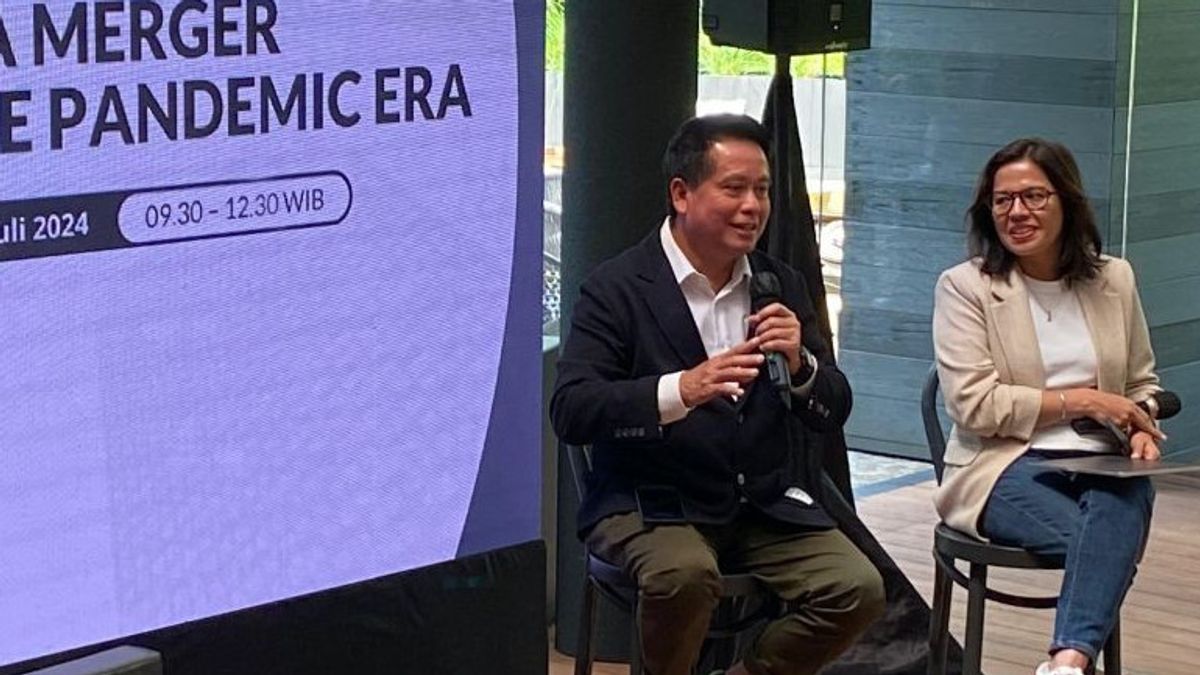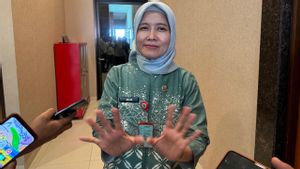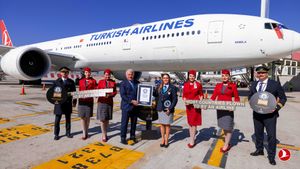JAKARTA - President Director of PT Bank Syariah Indonesia Tbk Hery Gunardi views that cultural aspects are the biggest challenges in the merger process of three subsidiaries of state-owned banks that are now BSI.
Hery quoted the Harvard Business Review as saying that around 70-90 percent of mergers failed during the integration phase. He views that the integration phase is a difficult phase considering that every company usually brings ego and old understanding.
"I still remember, in the past there was a bank in Japan. And after the merger was announced, the integration time was difficult. Why? Because each one brings ego, brings an old pattern and old understanding," said Hery during a discussion on the book Mega Merger in The Pandemic Era in Jakarta, quoted from Antara, Thursday 11 July.
Therefore, according to him, a policy (policy) must be made and action steps (actions) that are more careful. During the process of three Himbara-owned Islamic banks (State-Owned Banks Association) becoming BSI, Hery admitted that the cultural differences aspect of each bank became a worrying challenge.
The BSI itself (during the merger process) that we fear is culture, culture. Because three institutions have different cultures. So the biggest challenge is culture," he said.
If the aspect of cultural differences cannot be overcome, Hery reminded that the merger process may also fail. He also reminded that only a small part of the companies produced by the merger were successful.
Hery said there were several myths that were feared before the merger, ranging from the quality of human resources (HR) in the field of Islamic banking, risk management (risk management) of Islamic banks, information technology (IT) and digitalization, to branding Islamic banks.
In my head, we must be able to reverse these myths. What we have to do is finally build all (asspects)," he said.
As for BSI itself, explained Hery, it brings the best practices from each sharia bank entity, namely Mandiri Syariah, BNI Syariah, and BRI Syariah. The planned merger of the three companies began in March 2020.
The BSI merger took place when the COVID-19 pandemic hit Indonesia. Under his leadership, Hery completed the integration process according to the previously set schedule. As the leader of this merger project, he admitted that the task was not easy.
Hery explained that the merger process covered two stages, including the legal stages of merger and operational merger. At BSI, the legal merger began after the EGMS on December 15, 2020, which was followed by approval of the merger of the Financial Services Authority on January 27, 2020, until the operational merger, whose peak was the inauguration of BSI on November 1, 2021 at the State Palace.
SEE ALSO:
He said that the birth of BSI was based on the government's great desire for Indonesia to have a large Islamic bank and represent the strength of Islamic banking in the country and globally.
The presence of BSI, said Hery, must be able to become a modern, universal, and inclusive Islamic bank. BSI must also be able to reach more people in the country.
Indonesia is one of the countries with the most Muslim population. But before the presence of BSI, there was no big Islamic bank. This is an anomaly, even though we have great potential to develop the Islamic economy and finance," said Hery.
The English, Chinese, Japanese, Arabic, and French versions are automatically generated by the AI. So there may still be inaccuracies in translating, please always see Indonesian as our main language. (system supported by DigitalSiber.id)
















